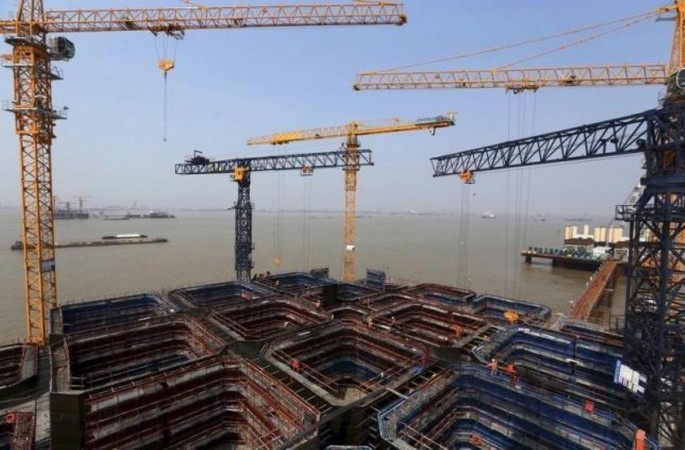During a high-level meeting to finalize guidelines for the economic belt along Yangtze River, President Xi Jinping said there will be no more large projects to be launched along China’s longest river.
Informing the Central Leading Group for Financial and Economic Affairs, Xi said that no economic projects along Yangtze must cause harm or risk to the environment, according to China Daily.
With future major exploitation put on hold, all government agencies have a responsibility to protect environmental quality in the Yangtze Valley.
The president explained that there is only room for environmental quality of the Yangtze to get better as opposed to deteriorating. Xi said this in his first public statement about the river's environmental challenges after his inspection trip of the riverside Chongqing City earlier this month.
Xi's comments set the tone for the government's regulation on utilizing and protecting the 6,300-km waterway, as pointed out by many Chinese online commentators.
The same publication reported that China built a 47-meter-high dam on the Yangtze River for the Gezhouba hydropower project in 1988, and later built the 185-meter-high Three Gorges Dam in 2006 for a large hydropower project. The two dams are located on the middle ridges of the river.
Last year saw another hydropower project called Xiao Nan Hai being abandoned by the Ministry of Environmental Protection. Furthermore, the central government brought up the idea of collecting all the riverside provinces, cities, and development cones into a more unified Yangtze River Economic Belt to share resources and facilities.
Yangtze River is the third longest in the world, but the longest to flow within one country. The river runs from the Qinghai-Tibet Plateau across China before emptying into the sea at Shanghai. It covers an area representing 40 percent of China's population and GDP.
During the Tuesday, Jan. 26 meeting, top-level decisions were also made to promote forestry development and implement the strategy of supply-side reform, a way of phasing out uncompetitive industries.



























